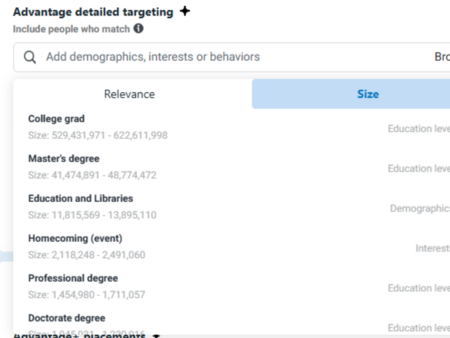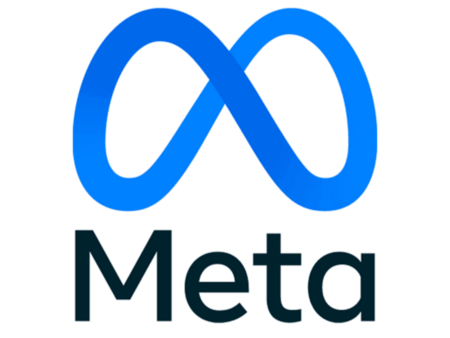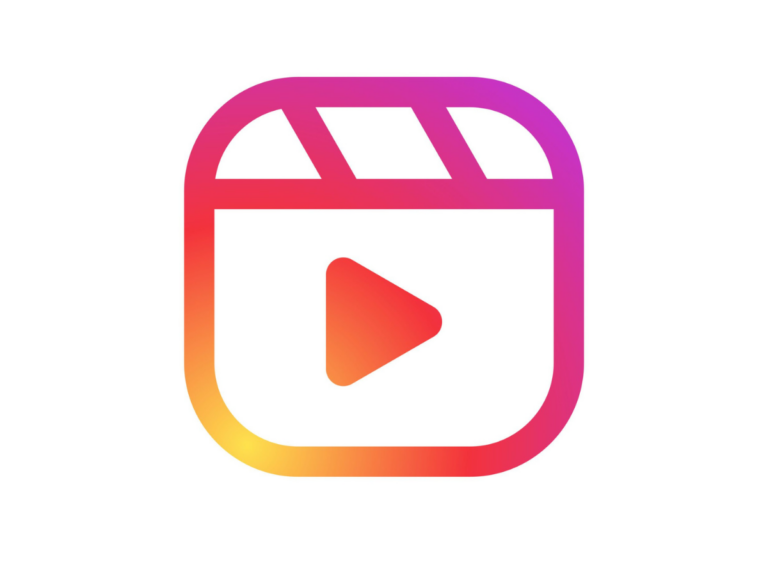Opinion from Elliot Tousley
I still remember the exact moment I realized award shows just didn’t matter to me anymore. A few days ago, I was sitting in my living room in Charlotte, casually scrolling through Instagram, when I saw a headline about the Grammys. I thought, Wait, the Grammys were last night? Back in the day—especially during my teenage years—this was unthinkable. I would’ve circled award show dates on the calendar, made sure I was home in time to watch, or at least had them playing in the background. Now? I couldn’t be bothered.
I’m 33, so I’m old enough to recall when the MTV VMAs were the event of the year for anyone who loved music and pop culture. My friends and I would gather in someone’s living room with bowls of popcorn, waiting for the next headline-making performance. Eminem showing up with hundreds of Slim Shady clones? Absolutely iconic. Now it’s like… Are the VMAs even still a thing? Unless a wild controversy goes viral on social media, I barely even realize these shows happen.
And that, I believe, points to something larger: celebrity culture just isn’t what it used to be. And, more importantly, brands are shifting away from traditional stars, too.
A Different Kind of “Water Cooler” Moment
The Oscars slap heard ’round the world – Will Smith smacking Chris Rock on live television – was one of those rare times in recent memory when an award show truly dominated conversations. Yet it was a conversation fueled by shock, not admiration. Instead of being drawn to the program because of some mind-blowing performance or heartfelt acceptance speech, we were talking about a literal assault on stage. And honestly, does anyone outside of Hollywood remember who actually took home awards that night?
If you asked me who won Best Actor, I’d probably tell you “Will Smith,” but that’s only because he slapped a guy and won within minutes of each other—which shocked everybody. If you asked me what movie he won for, I might pause. (It’s King Richard, but let’s be real: the moment overshadowed everything else about that show.) That, in my opinion, is emblematic of how far we’ve drifted from the days when the Oscars themselves were a surefire way to captivate an entire nation.
And it’s not just entertainment audiences tuning out—it’s brands, too. Marketers used to bank on a Grammy performance to launch an artist or a product placement in an Oscar-winning film to drive sales. Now? They’re investing more in TikTok creators and influencer partnerships than A-list celebrity endorsements.
The Decline of Mass-Appeal Celebrity Power
Back when I was a teenager, award shows like the Grammys, the Oscars, and especially the MTV VMAs were appointment viewing. Think about iconic moments like Eminem’s performance flanked by his army of lookalikes, or the late Heath Ledger’s posthumous Oscar—these were cultural moments that united people in awe, excitement, or even heated debate. The next day at school, everyone had seen the same spectacle and everyone had opinions on it.
Today, if you quiz your friends or family about who won Artist of the Year at the Grammys last time around, you’ll likely be met with shrugs. The numbers back this up—award show ratings have been plummeting for years. The 2023 Academy Awards drew only 18.7 million viewers, a far cry from the 1998 Oscars, which saw 57 million people tune in. The 2024 Grammys dropped to 16.9 million viewers, continuing the decline from previous years. Even the MTV VMAs, once a cultural juggernaut, saw its viewership drop by 30% from 2020 to 2023.
And while it’s true that younger generations might be tuning in less to network television overall, it doesn’t fully explain why these shows don’t make the same cultural splash. There’s been a shift in how we perceive and value celebrity in general – and it goes beyond just changing TV habits.
Ripped Away Mystique: Overexposure & Social Media
There was a time when celebrities existed behind a polished PR curtain. We knew they were humans (in theory), but they seemed to occupy this otherworldly, glamorous plane. Publicists curated their statements, paparazzi photos were carefully controlled – or at least less invasive – and talk show appearances were special events. Now? We basically have real-time access to celebrities’ every waking thought, all because of social media.
For brands, this has been a game-changer. Marketers aren’t just looking for a recognizable face; they need someone who can actually drive engagement. Studies show influencer marketing delivers 11x the ROI of traditional advertising, and 61% of consumers trust recommendations from influencers more than from celebrities. This isn’t just a shift in entertainment—it’s a shift in marketing strategy that can’t be ignored.
Take Kanye West, for example. I love his music, but at the same time, every time he makes an incendiary statement on Twitter (or wherever he’s posting nowadays), I can’t help but cringe. Does enjoying Graduation mean I endorse every opinion he’s ever shared? Unfortunately, some people would say yes—there’s almost an assumption that liking an artist’s work means you’re co-signing their worldview.
For marketers, this is risky territory. Partnering with traditional celebrities means attaching your brand to their personal brand, and in an era where one bad tweet can lead to a PR nightmare, many companies are opting for micro-influencers with dedicated, niche followings instead.
The Fragmentation of Fame & What It Means for Brands
One of the biggest changes I’ve noticed, especially working as a marketing executive here in Charlotte, is how drastically audiences are segmented now. The days of universally recognized household names might be numbered. An artist or influencer can be absolutely massive to one demographic and totally invisible to another.
- Algorithm-Driven Feeds: Instead of major networks dictating the cultural conversation, social media algorithms let us curate our own feeds. That means you and I might never see the same headlines or discover the same up-and-coming artists, even though we both live in the same city.
- Micro-Influencer Power: Brands aren’t chasing one-size-fits-all celebrities anymore; they’re targeting niche communities where engagement is stronger. A YouTuber with 500K followers might drive more conversions than a Hollywood actor with 10 million Instagram fans.
So, what does this mean for marketing? It means we’re moving towards hyper-personalized engagement strategies, where it’s less about celebrity status and more about community influence.
Conclusion: When Controversy Overshadows Craft
So here we are, in an era where the loudest controversies often drown out actual achievements. The Will Smith slap overshadowed every other element of that Oscars ceremony. Hollywood’s attempts at political influence largely fall flat, and the younger generation might not even remember the last time they bothered to watch a live broadcast of any award show.
For marketers, this is an opportunity. The era of relying on mass-audience celebrities is fading, and the brands that thrive will be the ones that embrace new voices—ones that resonate on a personal level with niche audiences. Whether that’s a YouTuber, a TikTok creator, or a trusted micro-influencer, the shift is clear: celebrity is no longer the key to cultural influence—authentic engagement is.
What do you think? Did you used to plan your entire Sunday night around award shows? Do you find yourself torn between enjoying a celebrity’s art and rolling your eyes at their off-the-rails tweets? I’d love to hear your perspective—drop a comment or share your own memories of the glory days (or not-so-glory days) of celebrity culture. We may not have the same water cooler, but we can still spark a good discussion.





no replies